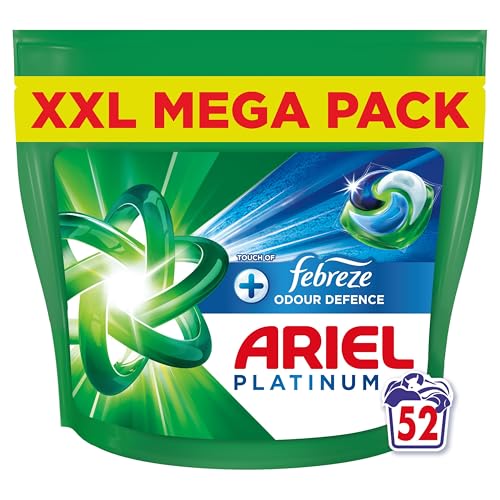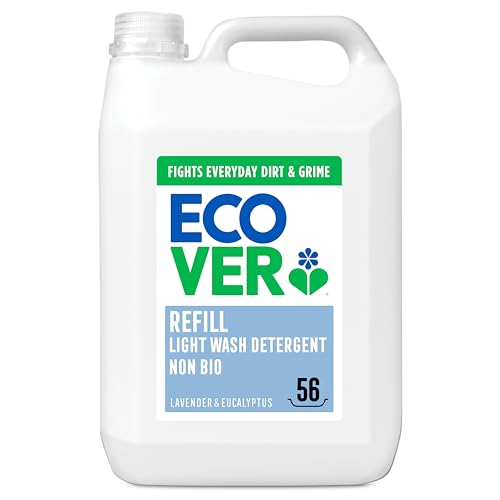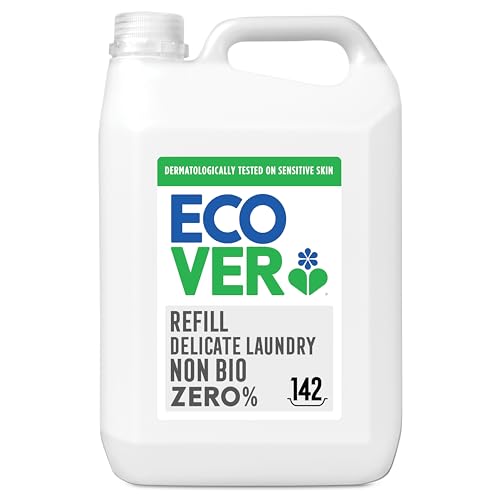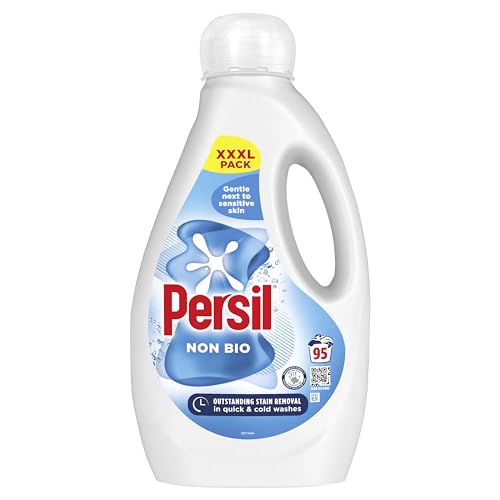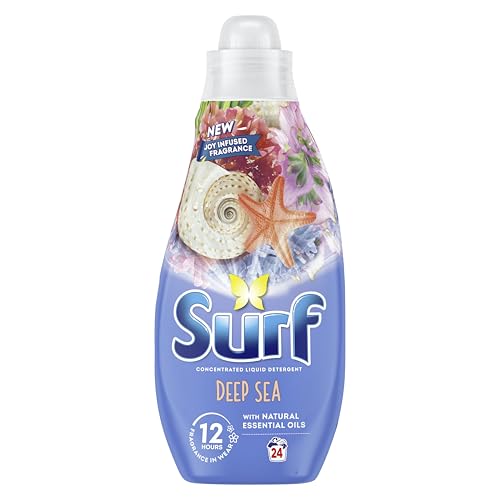Understanding Laundry Detergent: The Basics We Need to Know
What is Laundry Detergent?
Laundry detergent is a cleaning agent specifically formulated to remove dirt and stains from fabrics during washing. It typically comes in liquid or powder form and works by breaking down the substances that adhere to your garments. This cleaning process often involves surfactants, enzymes, and other additives that enhance the detergent’s effectiveness.
How Does Laundry Detergent Work?
When we use laundry detergent, it interacts with water to form a solution that can penetrate fabric fibers. The surfactants contained within the detergent lower the surface tension of water, allowing it to spread and wet the fabric effectively. Once the detergent is activated, it traps dirt and grime, which can then be rinsed away, leaving our clothes fresh and clean.
Types of Laundry Detergents: Which Will Work Best for Us?
Liquid vs. Powder Detergents
Liquid detergents are ideal for pretreating stains, as they can be applied directly to areas before washing. They dissolve quickly in water, making them suitable for both cold and hot washes. On the other hand, powder detergents can be more effective for heavy-duty stains like mud or grass, as they contain more enzymes and oxi-boosters. However, they might not dissolve completely in colder water.
Pods and Capsules: Convenient Options
Laundry pods offer a pre-measured amount of detergent, simplifying the washing process. They are quick and mess-free, but caution is essential, especially in households with children, as they can be mistaken for sweets. Choosing the right format for our needs depends on convenience preferences and the typical stains we encounter.
Key Ingredients in Laundry Detergents: What to Look For
Surfactants: The Key Players
Surfactants are the primary ingredients responsible for lifting dirt away from fabrics. When shopping for laundry detergent, we should look for those that contain a balanced mix of surfactants for optimal cleaning power. The more effective the surfactants, the cleaner our clothes will be.
Enzymes and Their Roles
Enzymes in detergents tackle specific types of stains, such as proteins, starches, and fats. For example, protease breaks down protein-based stains like blood or sweat, while lipase targets grease. Choosing a detergent with a variety of enzymes increases the chances of effectively removing a broad spectrum of stains without damaging fabrics.
Choosing the Right Laundry Detergent for Different Fabrics and Stains
Fabric Considerations
When selecting a detergent, considering the fabric type is crucial. Delicate fabrics may require a gentler formula specifically designed for them to avoid damage. For everyday cottons, a standard detergent will suffice, but for synthetic or blended fabrics, a detergent that caters specifically to those materials ensures longevity and performance.
Stain-Fighting Strategies
Understanding the nature of the stain is vital for choosing the right detergent. For oily stains, look for detergents formulated with additional grease-cutting agents. For tough, set-in stains, an enzyme-rich detergent should be our go-to as it breaks down the stain components more effectively, giving us a better chance of complete removal.
Environmental Impact of Laundry Detergent: Making Sustainable Choices
Biodegradable Ingredients
When considering the environmental impact of our laundry detergent choices, it’s beneficial to look for biodegradable ingredients. These break down more easily without harming the environment, making them a more sustainable option. Some brands focus on reducing their environmental footprint by using plant-based surfactants, which can offer effective cleaning without the harmful effects of conventional chemicals.
Conserving Water and Energy
We can also choose detergents that are effective in cold water washes, helping us reduce energy expenditure associated with heating water. Additionally, some brands offer concentrated formulas that require less packaging and less water to produce, contributing to lower environmental impact and less waste.

